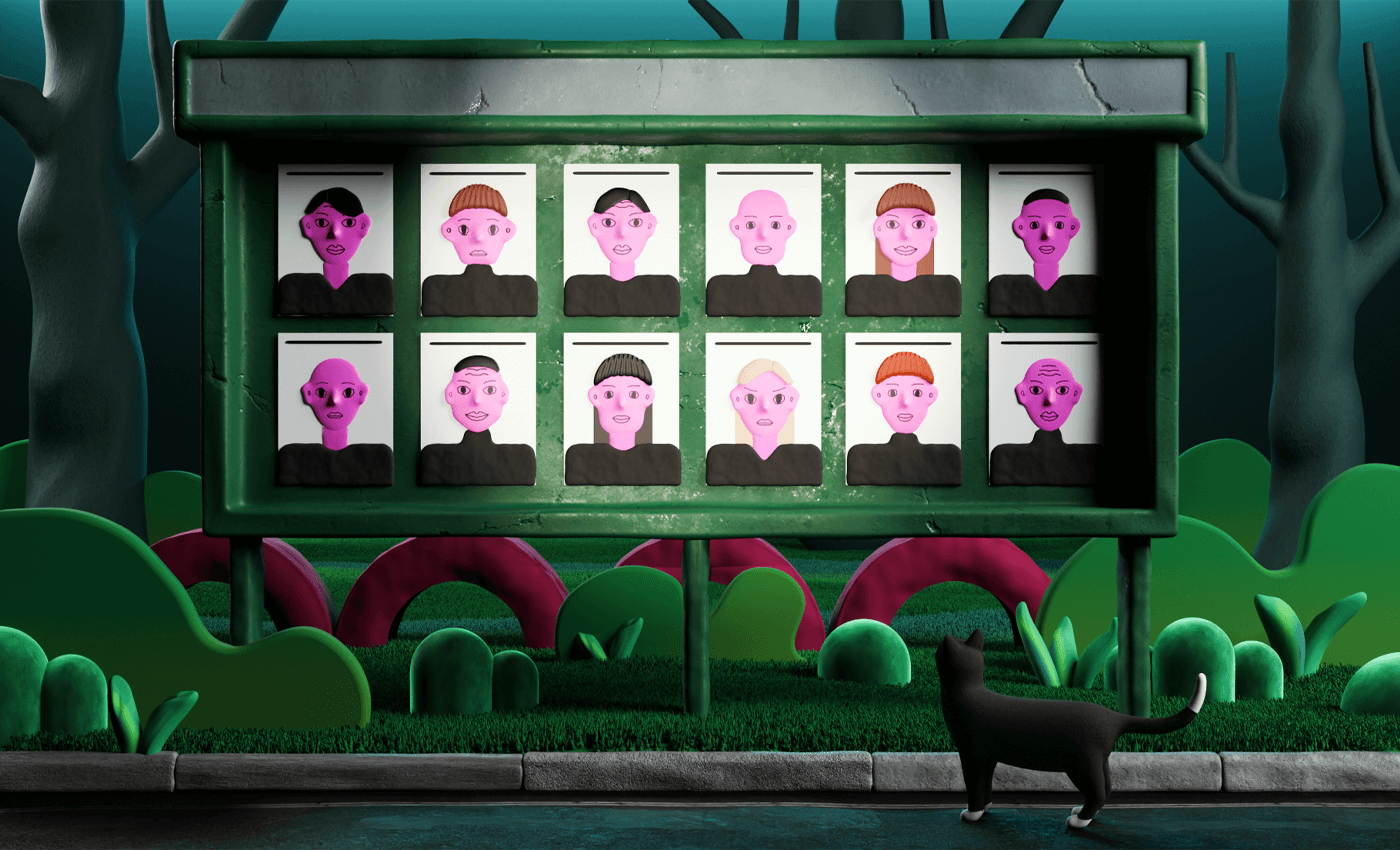Merging Databases: Wanted and Missing
 The situation got worse
The situation got worse

Two weeks ago, the Belarusian Ambassador to Russia announced the forthcoming creation of a unified list of extremists and extremist resources. In a way, law enforcement agencies beat the Russian resource “Mediazona” to the punch, as it had already compiled all the wanted individuals’ cards from the Ministry of Internal Affairs of the Russian Federation website, providing a user-friendly search feature. This publication is likely to be one of the most notable in the Russian-speaking internet (RuNet) this year.
As of early February, Mediazona reported 96,752 people wanted in criminal cases in the Ministry of Internal Affairs database, with an additional 41,535 listed as missing. The criteria distinguishing between “wanted” and “missing” are not entirely clear, but it seems that for a person to be considered “missing,” there should be no information about them for an extended period.
The majority of search cases involve citizens of Russia or countries of the former USSR, with other countries accounting for only 2% of the total number of cards. Interestingly, Russia has criminal cases against not only dozens of politicians and officials from Europe but also the head of state, Estonian Prime Minister Kaja Kallas. Additionally, many high-ranking Ukrainian military personnel and hundreds of individuals considered “foreign mercenaries” in the ranks of the Ukrainian Armed Forces are wanted.
The table often lacks information about the specific article under which a person is sought. Instead, it includes a note “wanted under the article of the Criminal Code” and the contact number of the police department. Sometimes, the description features special characteristics and photographs of the wanted persons.

“Mediazona Belarus” identified 3,186 citizens and natives of Belarus in this database (according to “Mediazona” – 2901). Currently, this figure is not the highest among the post-Soviet countries.
The majority of those wanted are men (89%), including members of volunteer units in Ukraine, journalists, political prisoners (convicted Belarusians who managed to leave the country before being sentenced or served their sentence), as well as politicians and activists, including representatives of the United Transitional Cabinet. Sviatlana Tsikhanouskaya was previously on the list but was later removed. In April 2023, the Belarusian Ministry of Internal Affairs stated that 30% of Belarusians placed on the wanted list by security forces are hiding in Russia. This circumstance led to the idea of creating a special unified list of “extremists” and “extremist” resources.
Belarusian-Russian coordination extends to other areas of combating crime. On February 14, Vladimir Putin signed a law expanding the list of crimes for which property can be confiscated, including false information about the Russian army. Belarus has had a similar special confiscation law for several years, and since March 25, 2023, criminal liability has been introduced for discrediting the army, military formations, and paramilitary organizations.
Subscribe to our newsletter




Situation in Belarus
Constitutional referendum: main consequences


 Video
Video
How to count the political prisoners: are the new criteria needed?


 Video
Video
Paternalism In Decline, Belarusian Euroscepticism, And The Influence Of Russia


 Video
Video












